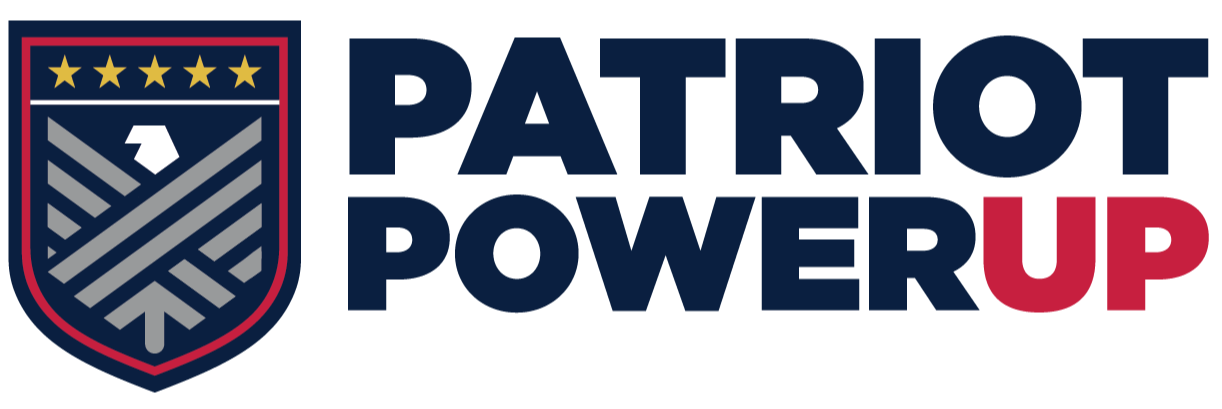Introduction
Anxiety can be overwhelming, especially when it disrupts daily routines, relationships, and quality of life. For Veterans, anxiety may be compounded by trauma, transition stress, or feelings of isolation. The good news: anxiety is highly treatable—and you don’t have to face it alone.
This guide covers the most effective, evidence-based treatment options for anxiety in Veterans, including therapies offered through the VA and holistic strategies that support long-term recovery.
Therapy Options for Veteran Anxiety
Many Veterans benefit from structured, goal-oriented talk therapies. These approaches are available through VA mental health care, residential treatment programs, and private clinics.
Cognitive Behavioral Therapy (CBT)
- Teaches Veterans how to identify and reframe anxious thought patterns.
- Often the first-line treatment for generalized anxiety disorder.
- Typically includes weekly sessions over 8–16 weeks.
Exposure Therapy
- Gradual re-exposure to anxiety triggers in a controlled, supportive environment.
- Commonly used for phobias, panic disorder, or anxiety linked to trauma.
Acceptance and Commitment Therapy (ACT)
- Helps Veterans accept uncomfortable feelings without judgment.
- Focuses on building values-based action and mindfulness.
Trauma-Informed Care
- For Veterans with both anxiety and PTSD, trauma-informed approaches (including EMDR and Cognitive Processing Therapy) help address root causes while managing anxiety symptoms.
Medication as Part of Treatment
Medication is sometimes used alongside therapy to manage anxiety. VA providers can prescribe medications based on individual symptoms and diagnoses.
- SSRIs and SNRIs (e.g., sertraline, venlafaxine) are often effective for long-term anxiety management.
- Beta-blockers may be prescribed to reduce physical symptoms like racing heart or shaking.
- Benzodiazepines are used sparingly due to risk of dependence, but may be considered short-term under supervision.
Veterans should work closely with their provider to monitor effects and adjust doses as needed.
Holistic and Complementary Approaches
These non-medication strategies support long-term healing and emotional regulation:
- Mindfulness and meditation: VA offers mindfulness-based stress reduction (MBSR) programs.
- Yoga and physical activity: Shown to reduce symptoms of anxiety and improve mood.
- Art and music therapy: Expressive therapies help process emotions when words are hard to find.
- Nutrition and sleep support: Healthy routines make a significant difference in anxiety levels.
Advanced and Emerging Therapies
Some Veterans explore innovative therapies when traditional treatments haven’t worked:
- Ketamine-assisted therapy: Used in supervised clinical settings for treatment-resistant anxiety and depression. Research shows rapid symptom reduction in some Veterans.
- Transcranial Magnetic Stimulation (TMS): A non-invasive brain stimulation technique FDA-approved for depression and showing promise in treating anxiety symptoms.
- Hyperbaric Oxygen Therapy (HBOT): Investigated for its effects on brain healing and anxiety relief, particularly for Veterans with comorbid TBI.
These treatments are not universally available through VA but may be accessible through referrals or specialized programs.
Peer Support and Group Therapy
Veterans often feel most understood by those who’ve lived through similar experiences. Group-based support can:
- Provide accountability and shared coping strategies.
- Reduce isolation and stigma.
- Build connections that promote resilience.
Options include VA peer support programs, Vet Centers, and community-based Veteran groups.
Choosing the Right Path
Not every treatment works for everyone—and that’s okay. The most important thing is to begin. VA mental health providers can help Veterans build a personalized treatment plan based on their needs, goals, and service history.
Start with a primary care provider or visit your local VA mental health clinic to begin the process. Veterans in rural areas may also qualify for telehealth or community-based referrals through the VA Community Care Network.
FAQ: Anxiety Treatment for Veterans
Q: What is the best treatment for anxiety in Veterans?
A: CBT is often the first choice, but the best treatment is the one that works for your specific needs. Many Veterans benefit from a combination of therapies and holistic support.
Q: Can I get anxiety treatment through the VA?
A: Yes. VA offers a range of therapy options, medication management, and access to specialists across the country.
Q: Is medication always necessary?
A: No. Many Veterans recover with therapy alone or use medication short-term while learning coping skills.
Q: What if I’ve tried treatment before and it didn’t work?
A: Don’t give up. Mental health care is not one-size-fits-all. Trying a different approach, therapist, or setting (like residential care) can make all the difference.
Patriot PowerUP Is Here to Help
Patriot PowerUP provides trusted, Veteran-focused support to promote mental and emotional wellness. If you’re struggling, our team is standing by to help support and guide you to a place to heal.
References
- U.S. Department of Veterans Affairs. Anxiety Disorders. https://www.va.gov/mental-health/anxiety/
- National Institute of Mental Health. Anxiety Disorders. https://www.nimh.nih.gov/health/topics/anxiety-disorders
- National Center for PTSD. https://www.ptsd.va.gov/
- SAMHSA – Mental Health Treatment. https://www.samhsa.gov/find-help/mental-health
- VA Mindfulness Programs. https://www.va.gov/wholehealth/overview/mindful-awareness/

